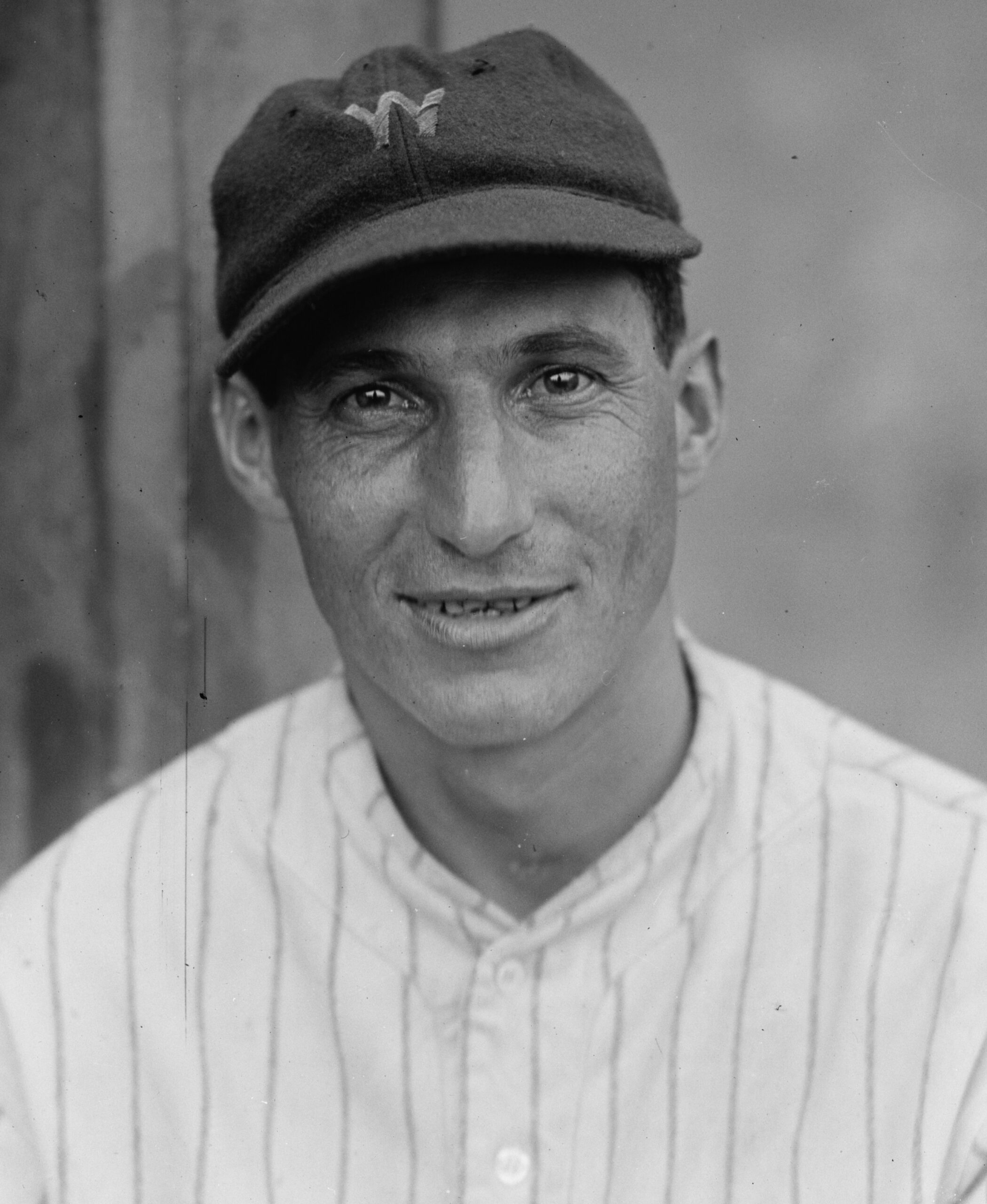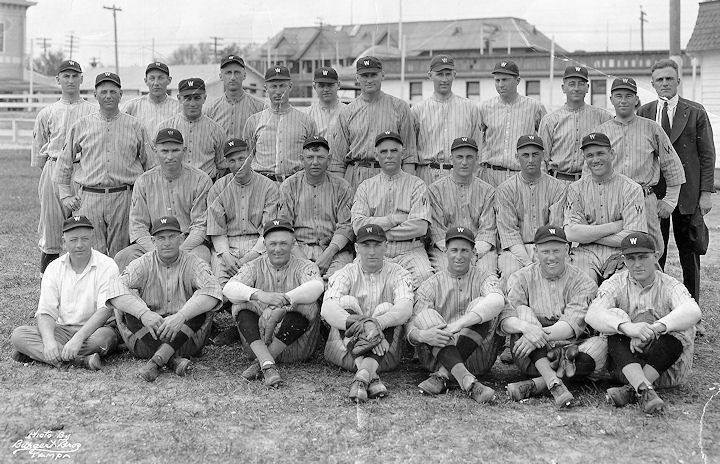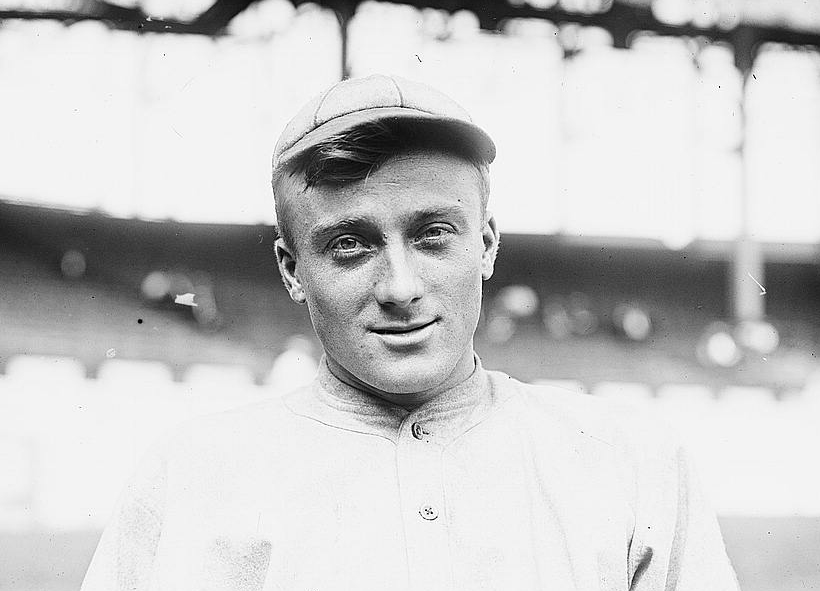Dropping their 13th consecutive decision, the Tigers still do not have a victory this season when the team loses to Cleveland, 5-2. The club’s futile 0-13 start matches the major league mark set by the 1904 Washington Senators.
Dropping their 13th consecutive decision, the Tigers still do not have a victory this season when the team loses to Cleveland, 5-2. The club’s futile 0-13 start matches the major league mark set by the 1904 Washington Senators.





